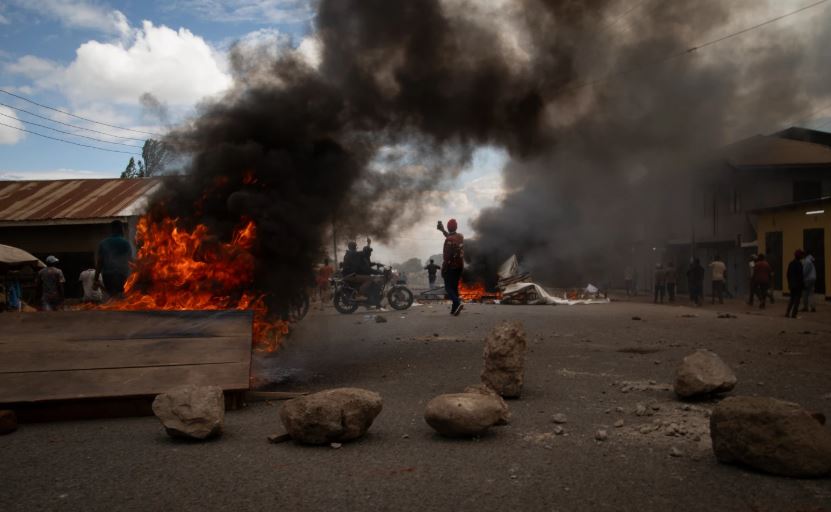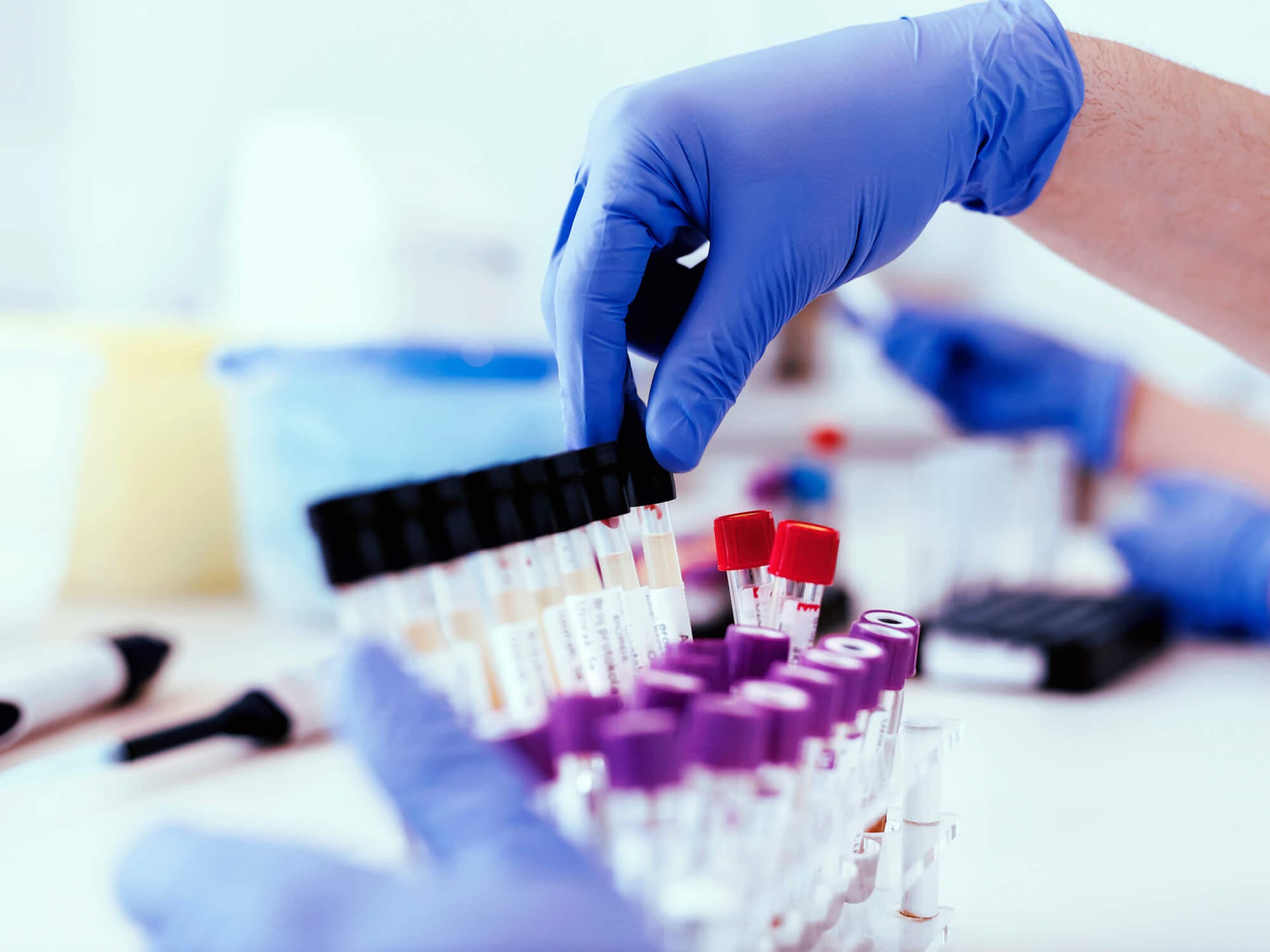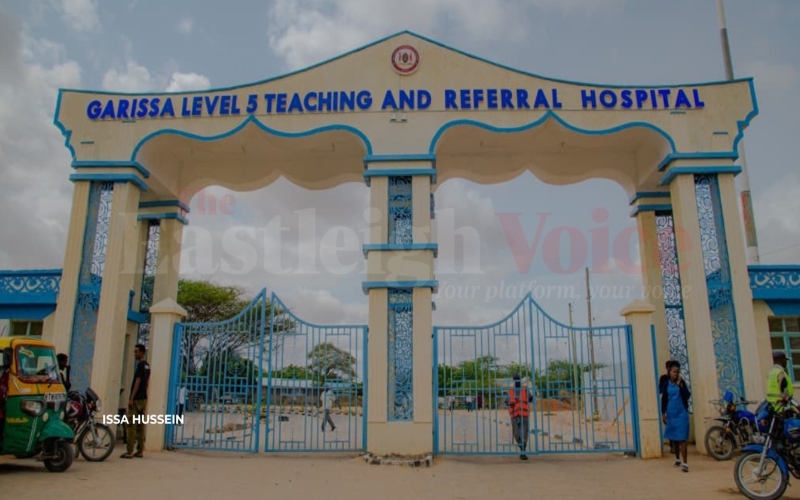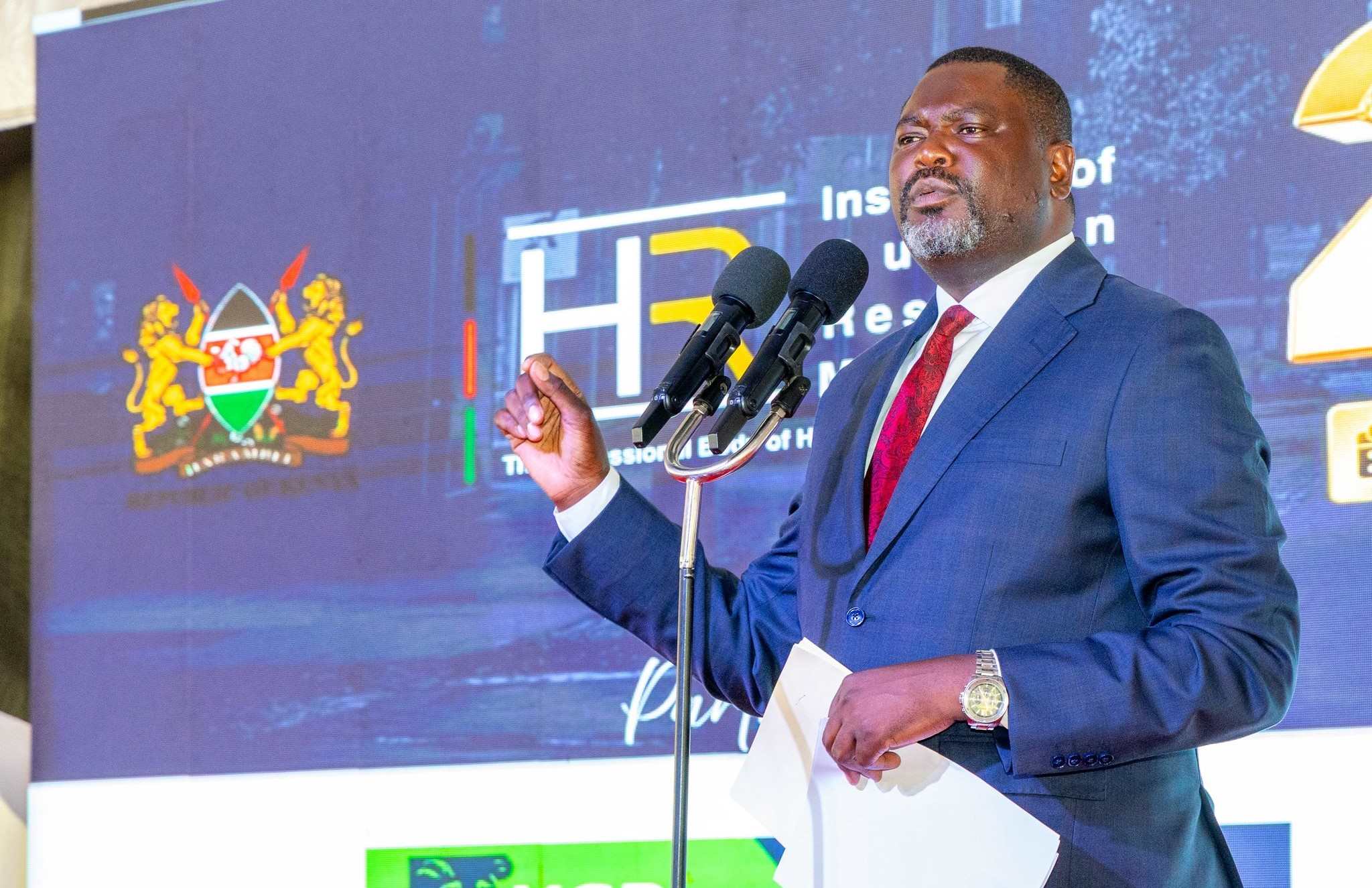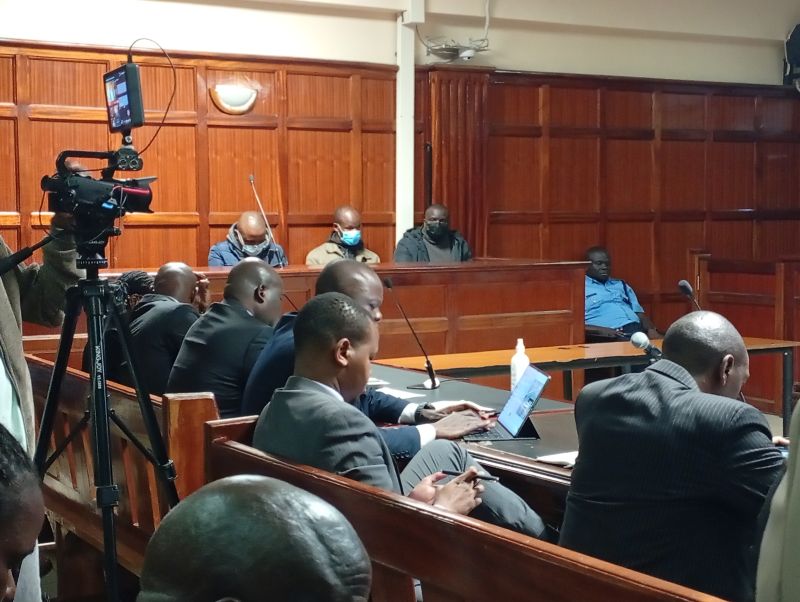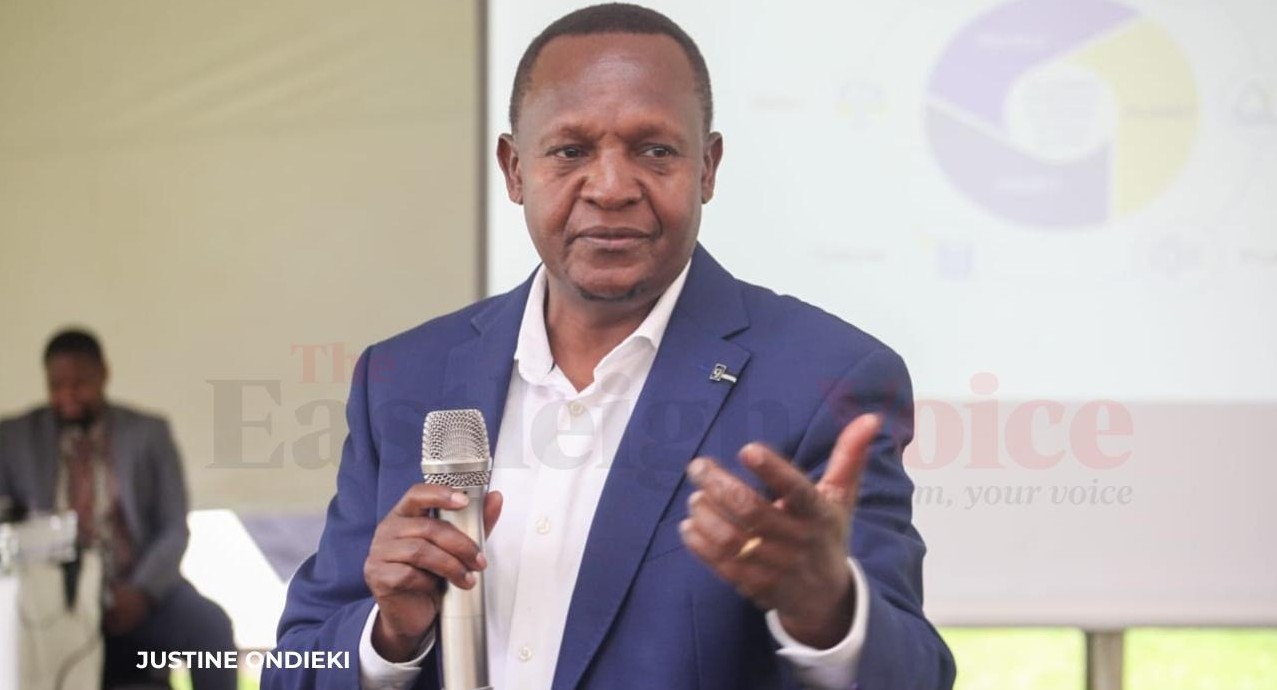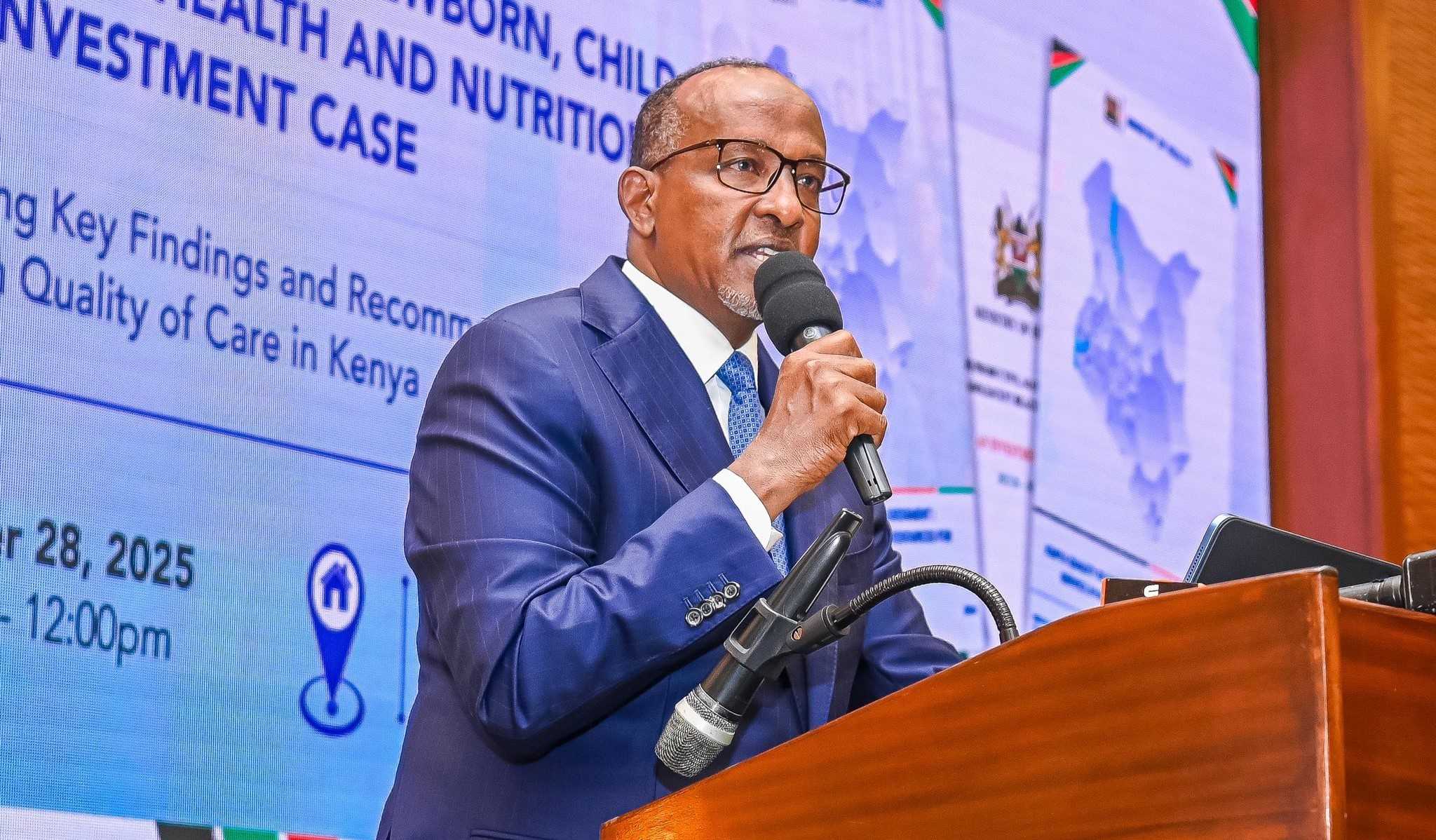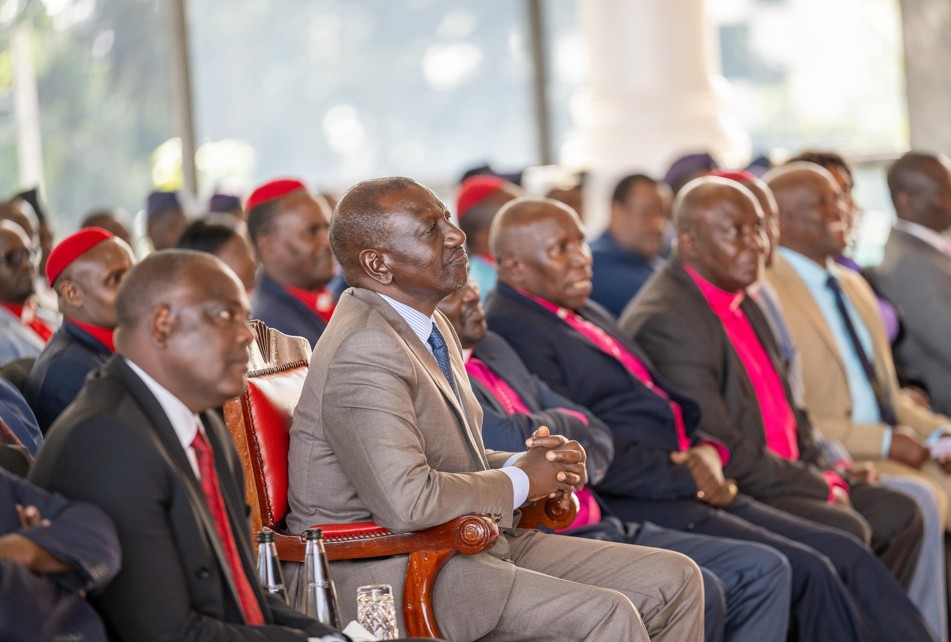Senegal's top court confirms ruling party's big parliamentary election win
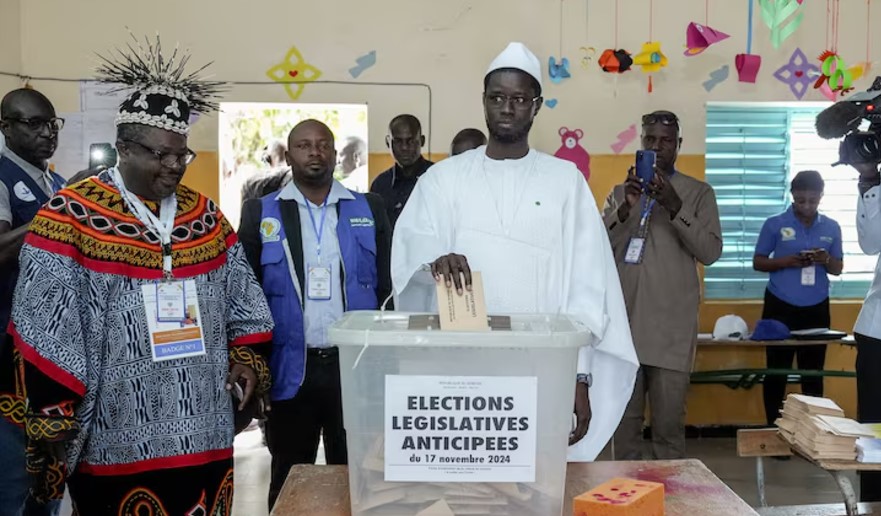
Former President Macky Sall lost popularity due to a repressive style of governance and stagnating economic policies.
Senegal's ruling party PASTEF (Patriots of Senegal) has secured an overwhelming parliamentary majority following the country's legislative election held on November 17.
PASTEF won 130 of 165 seats, up from the 56 it held before the vote, the Constitutional Council confirmed on Wednesday.
More To Read
- Kenya to tap into Senegal’s football success ahead of AFCON 2027 - Ruto
- Kenya, Senegal agree to 90-day visa waiver for citizens
- Senegal’s President Bassirou Diomaye Faye honours Kenya’s freedom struggle
- Senegal President Diomaye Faye to serve as Chief Guest during Mashujaa Day celebrations in Kitui
- Rwanda, Senegal sign deals as Kagame praises their shared vision for Africa
- French military ends permanent presence in Senegal
The win gives President Bassirou Diomaye Faye a clear mandate to implement the ambitious reforms he promised during the election campaign.
Elected in March on an anti-establishment platform, Diomaye dissolved the opposition-led parliament in September to allow the early elections and break the tension between the legislature and the executive.
Diomaye, who at 44 is Africa's youngest elected leader, pledged economic transformation, social justice and anti-corruption reforms under the Senegal 2050 agenda, which sketches out a political roadmap over the next 25 years.
"We hope that they will implement the promised reforms," Pape Ibrahima Kane, a political analyst based in Dakar, told DW, adding that the task would not be an easy one.
Kane described the documents publicizing the reforms as provisional and expects more details next year.
"That means there are unlikely to be major changes," he told DW, adding that talks are set to start on revitalising the judiciary, transport and education sectors.
Support from abroad
But real change is likely only possible with financial support from abroad.
Former President Macky Sall lost popularity due to a repressive style of governance and stagnating economic policies.
However, high living costs, energy prices, growing poverty and unemployment — which led to violent popular protests — persist.
The charismatic, youthful duo of Diomaye and Prime Minister and PASTEF leader Ousmane Sonko, both longtime opposition figures and tax officials, swept to power in March on the back of enthusiastic support from young Senegalese.
A court ruling banned PASTEF party leader Sonko from running for the presidency, so his deputy, Diomaye, ran as the presidential candidate. Sonko became prime minister after Diomaye's election victory.
Sonko frequently accused the outgoing government of corruption, cronyism and kleptocracy, while the World Bank and International Monetary Fund had also put relations with Senegal on hold. As a result, the new government inherited a Senegalese state in desperately poor financial health.
After taking office, Diomaye dissolved the National Assembly and called new elections. He had previously complained parliamentarians had not been prepared to discuss the budget law.
Ibrahima Aidara, the head of the LASPAD laboratory for societies and powers at Senegal's Gaston Berger University, said it will be "a marathon" after the official election results to quickly draw up and adopt the budget for 2025.
Recognise promises
It would have to align with pragmatic priorities and recognise the promises made to the Senegalese people, especially regarding institutional reform, youth employment, anti-corruption, accountability, education and health.
"The other priorities will revolve around dialogue and political stability. They should initiate constructive dialogue with other political parties, to promote a culture of trust," Aidara told DW.
Aidara noted that the proposed reforms offer a generational vision and a structure for the next five years of Diomaye's term in office.
Pape Ibrahima Kane believes there is real political will to reform Senegal and to not disappoint Senegalese voters. But the implementation may take years.
Kane pointed out that Senegal is a democracy which has never experienced a military coup, even if election results have often been contested.
"This is a clear indicator that the political system is well-organized in Senegal," Kane said.
It has become commonplace for losers to congratulate and even pave the way, for election winners.
Young Senegalese have clear demands, while the influence of religious leaders and other players has become less important.
For observers, this is further proof that it is Senegalese citizens who truly decide the nation's destiny and that there is acceptance of the democratic system.
However, Kane sees elitism as a weak point. The elite have immense control and are often at odds with the greater population.
"We need more years to end this rift between the elite and the citizens and ensure that our political system is credible," Kane said.
This article was originally published in German. It was originally published on 26.11.24 and updated on 28.11.24 after the Constitutional Court confirmed the size of the PASTEF victory.
Robert Ade in Dakar, Senegal, contributed reporting.
Top Stories Today
